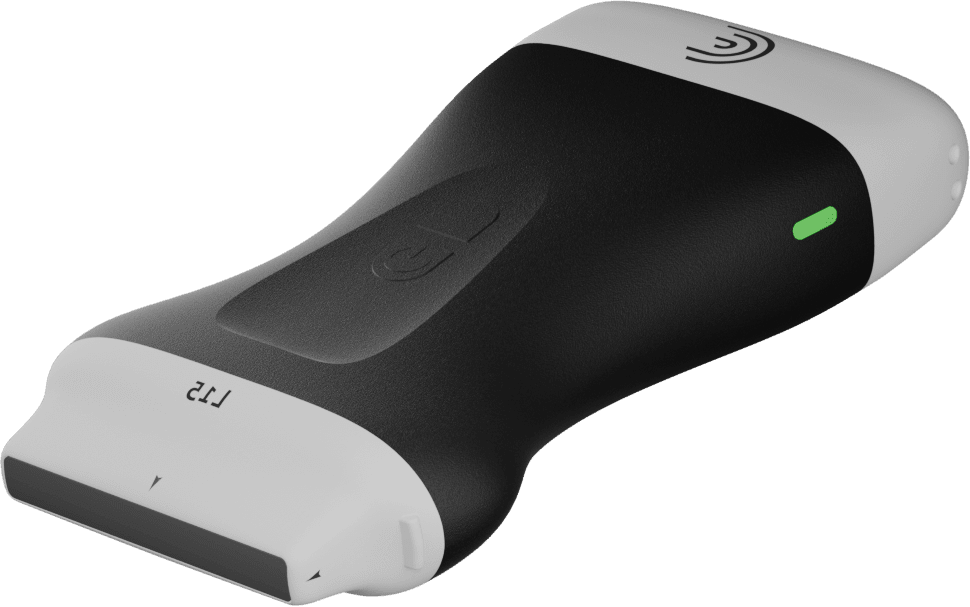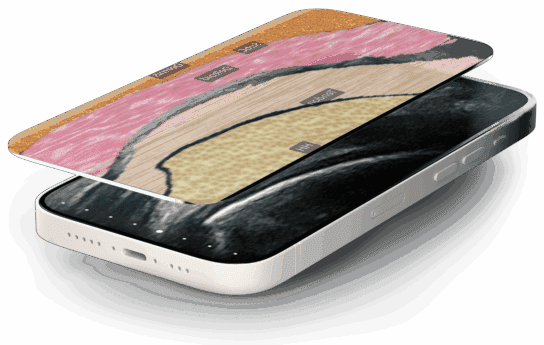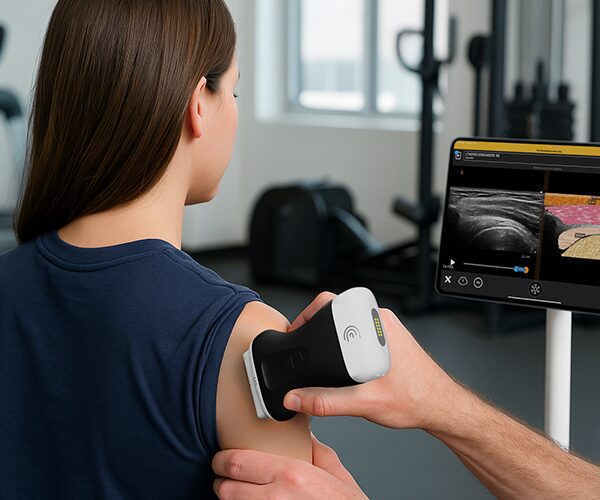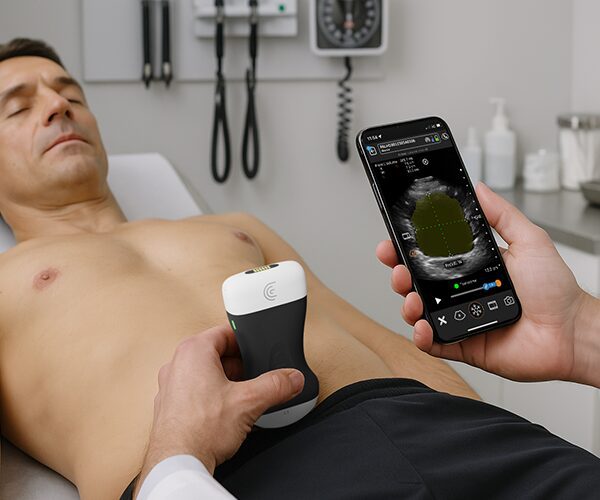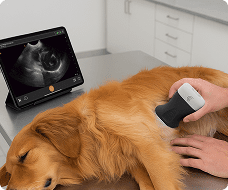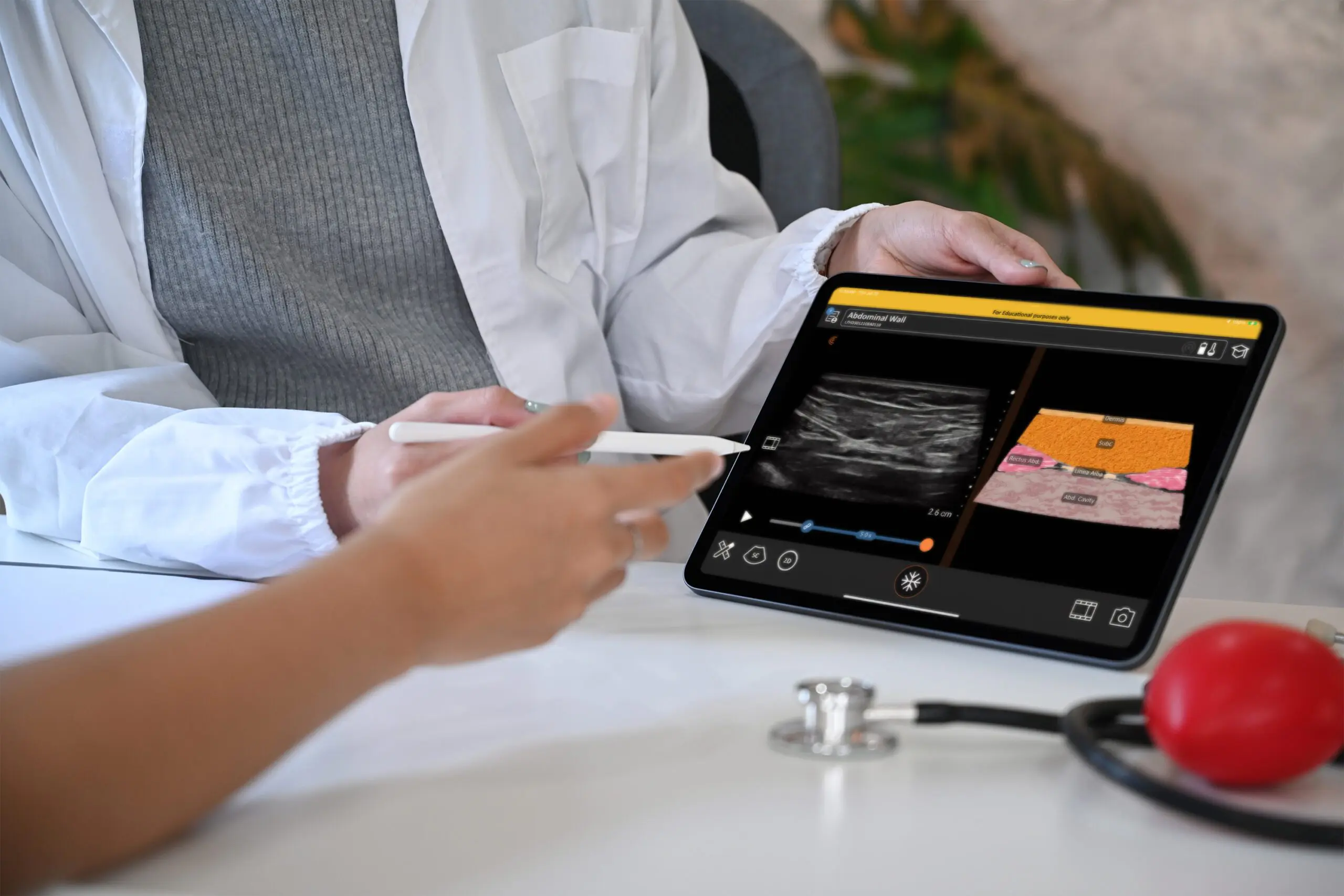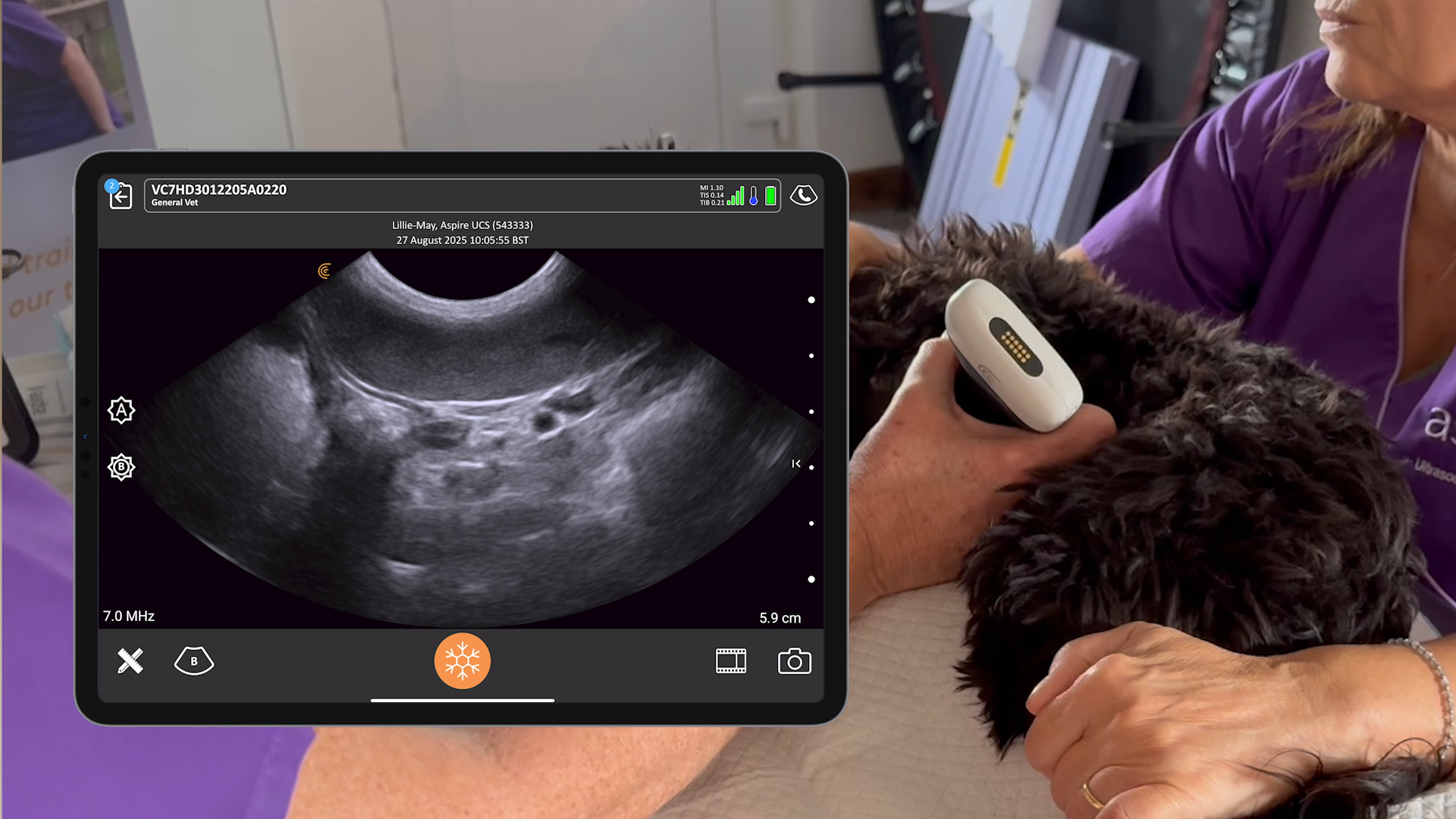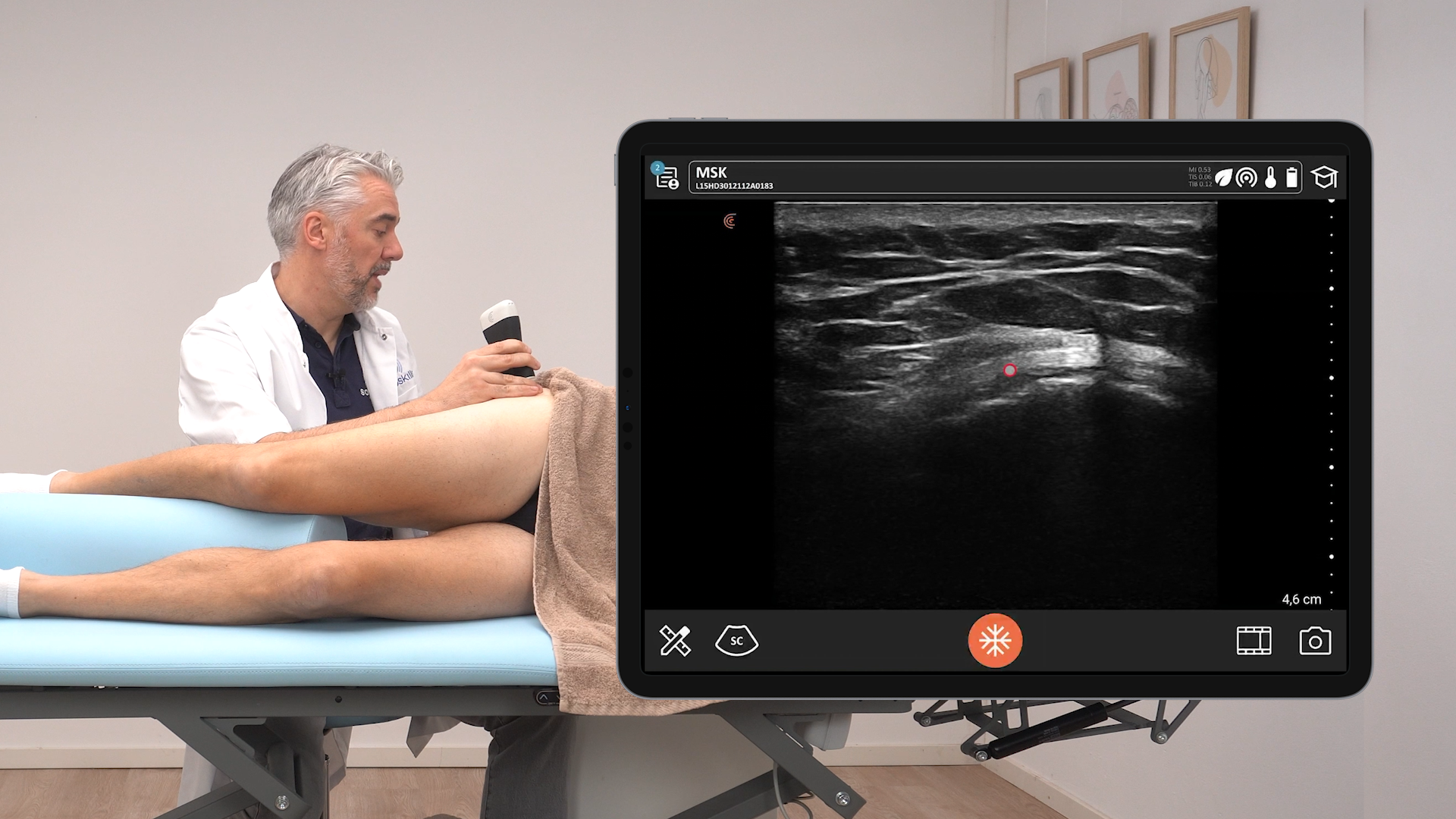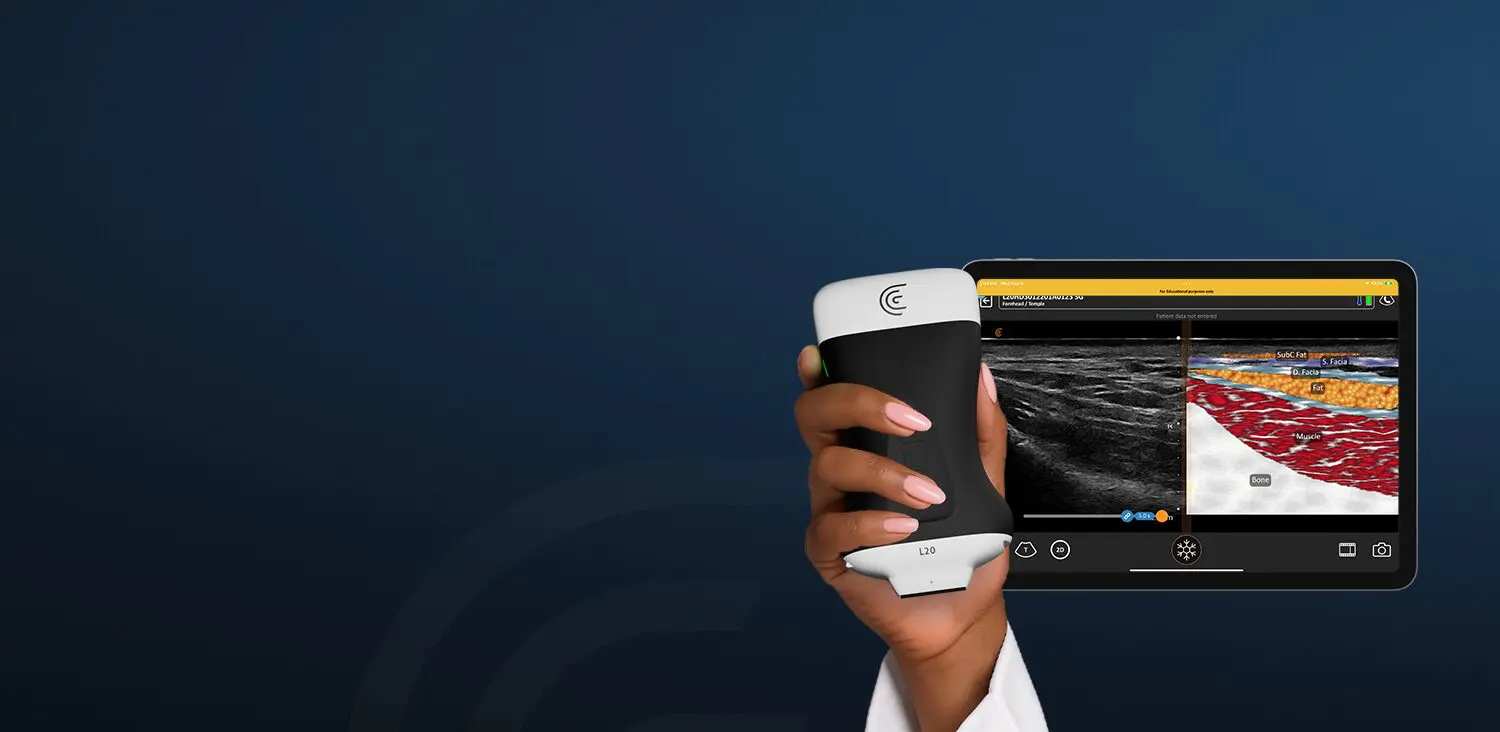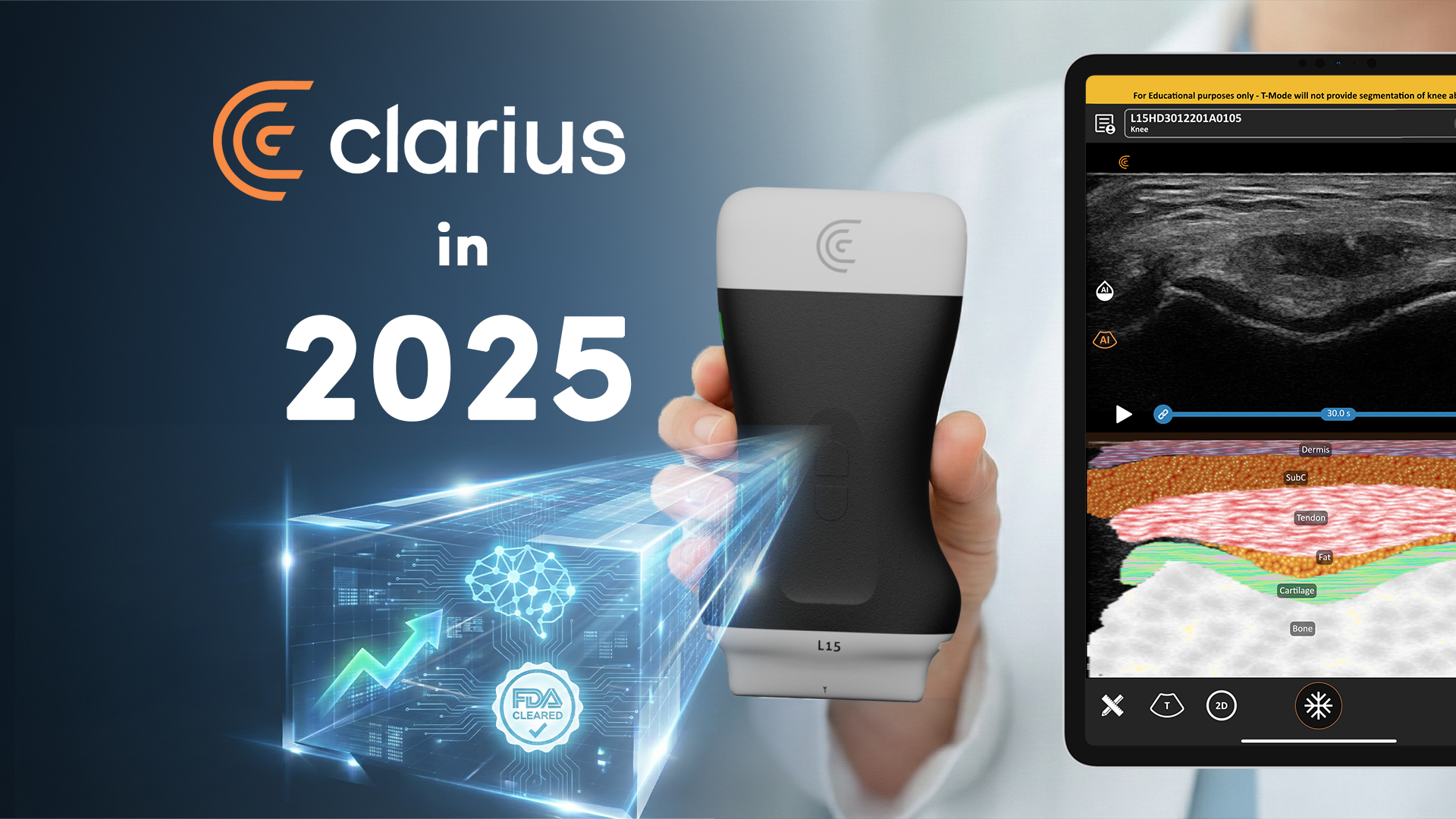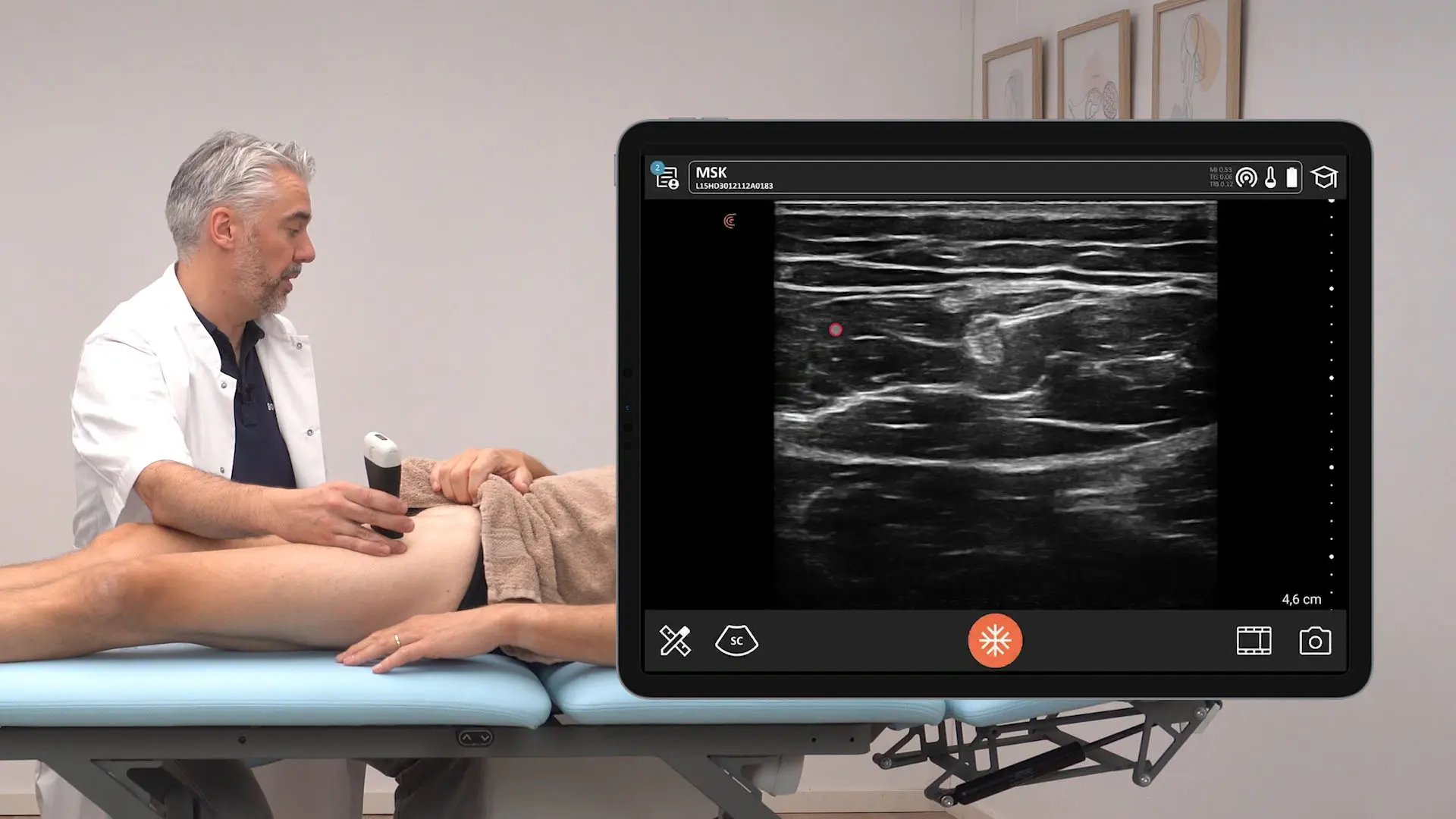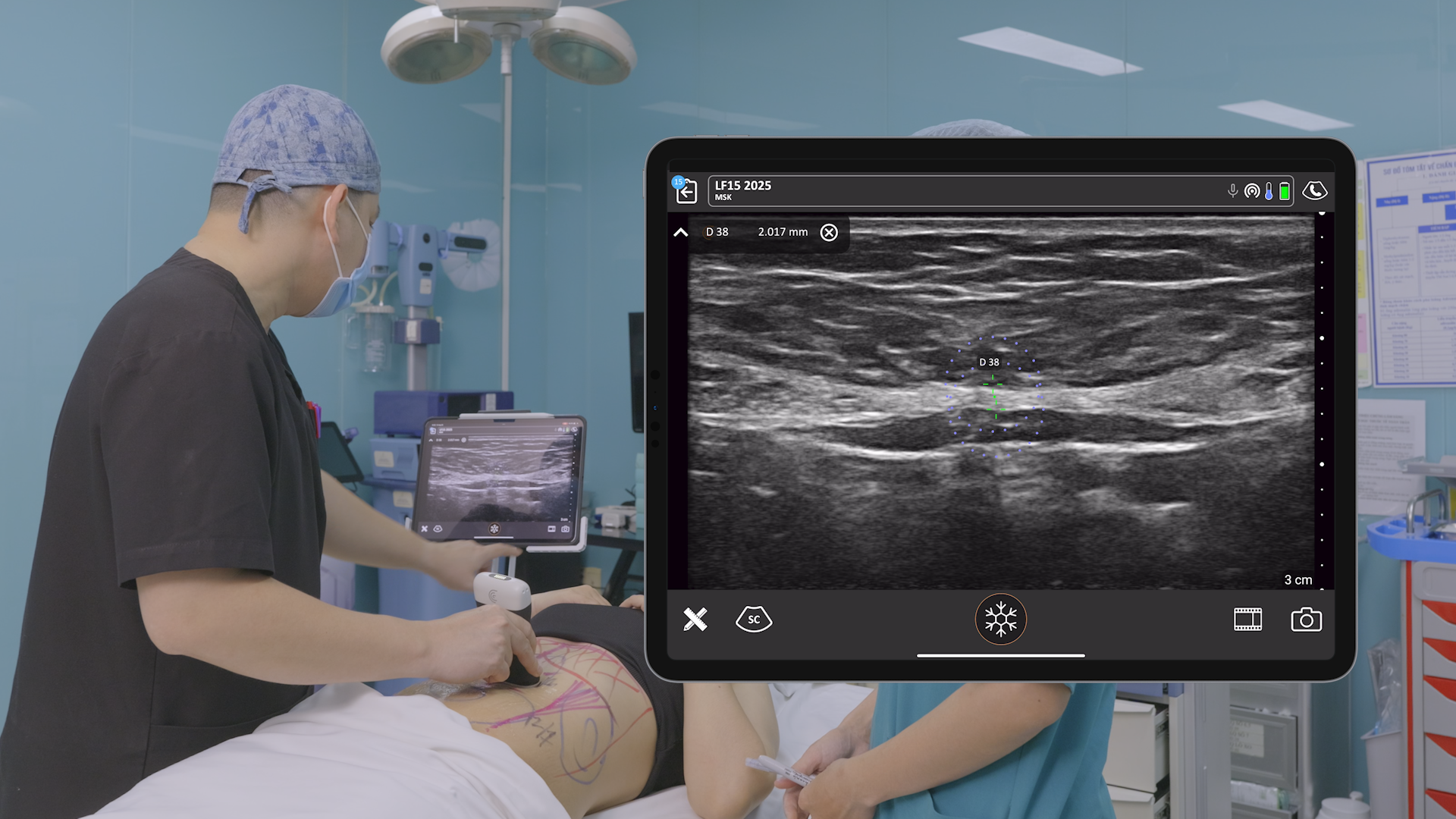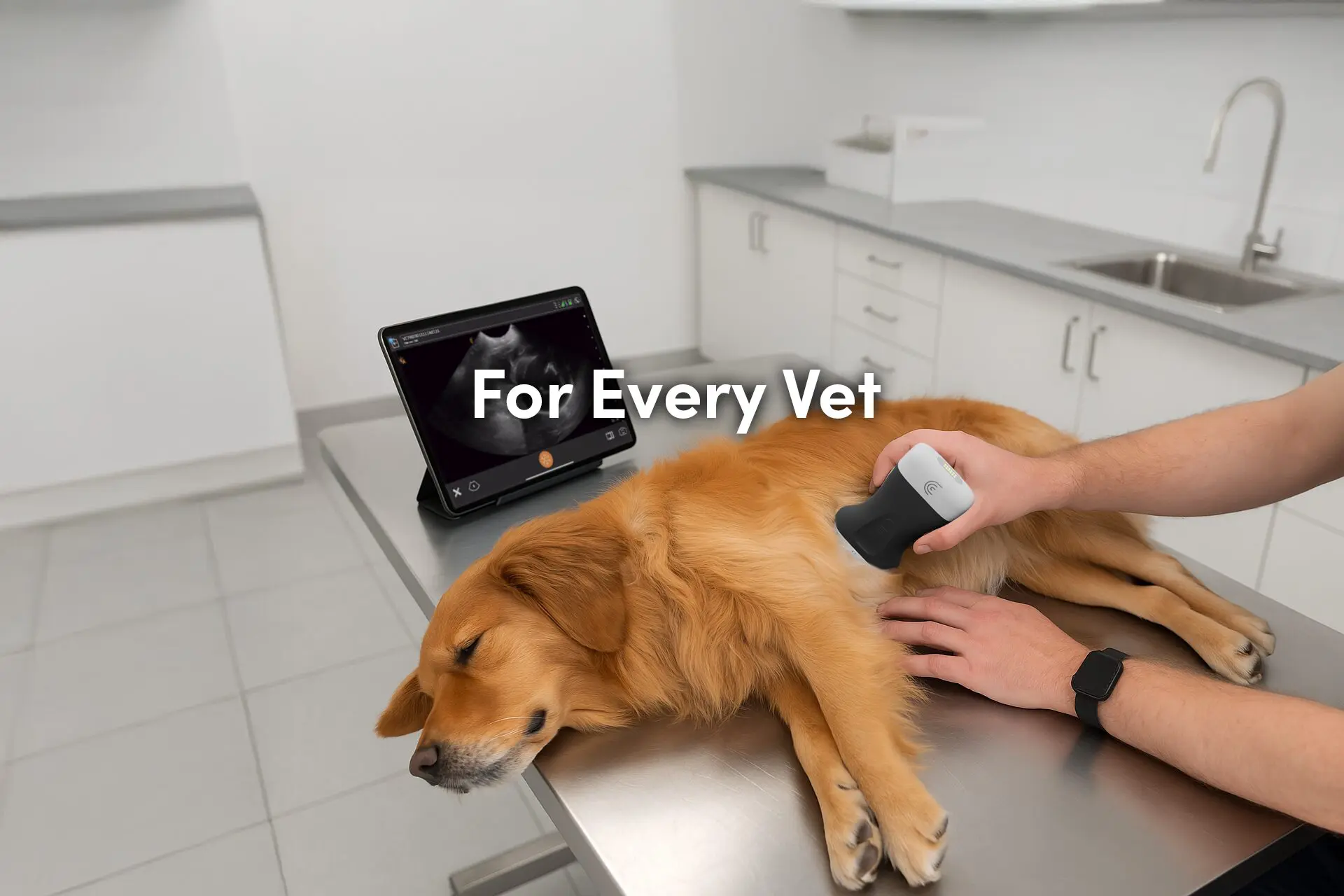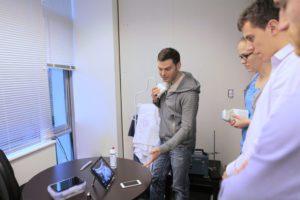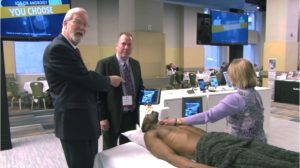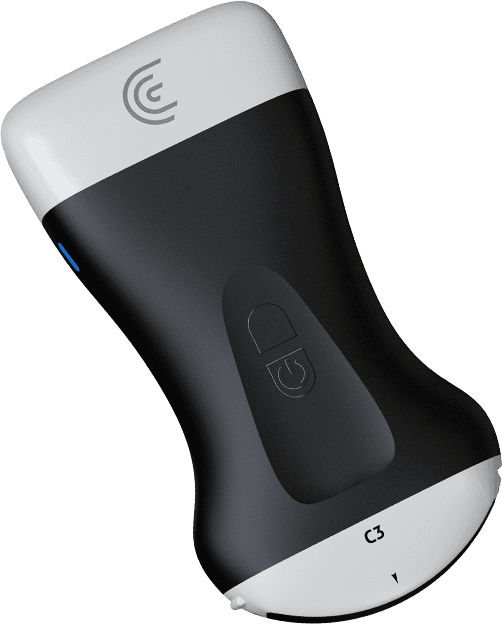A few of the Clarius team recently had the opportunity to meet a broad range of ultrasound users at the AIUM 2016 conference. We heard from many clinicians working for Non-Government Organizations (NGOs) in developing nations who are excited about the potential for Clarius to expand the clinical applications of ultrasound in remote and under-resourced regions.
A recent article by Dr. Janice Boughton vividly illustrates the many uses of ultrasound in such resource-constrained environments. Notably, Dr. Boughton points out that many basic medical resources taken for granted in first world countries are absent in such contexts. Specialized equipment is rarely available, local personnel often lack training, and medical challenges are much more diverse.
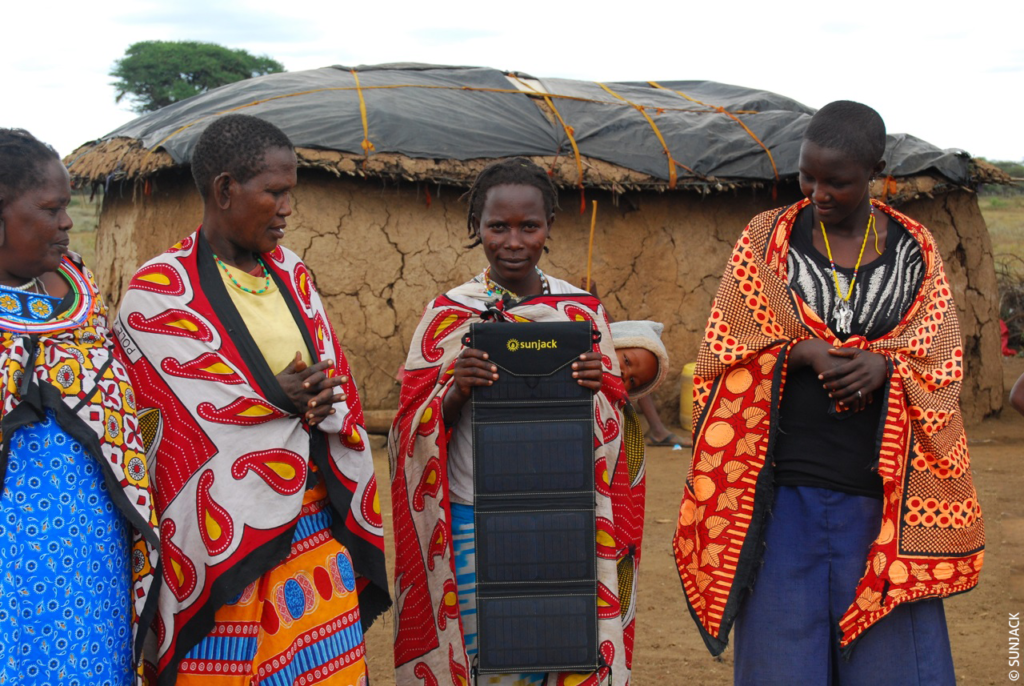
These constraints place a premium on interventions that are cost-effective, easy to use and versatile. That is precisely why ultrasound is often the scanning modality of choice in these situations. Unlike X-ray and MRI, ultrasound does not require expensive, stationary machines, nor are there are any significant side effects limiting its use.
At the same time, the typical shortcomings of ultrasound that make X-rays and MRIs indispensable in developed countries are rendered moot in resource-constrained environments. In a context where there is often no way to see inside a patient, any increase in visibility can work wonders. As Dr. Boughton puts it, “An ultrasound machine paired with a person who can use it makes a big difference to care in the US, but is life-alteringly amazing in a rural hospital in Africa.”
While the benefits of ultrasound in remote regions are widely understood, the use of ultrasound is not yet widespread. Traditional ultrasound systems, even those that are technically portable, are still difficult to ship and require continuous and reliable electricity sources. The Clarius scanner is easily hand carried and operates with a rechargeable battery. It will work with any smart device with the Clarius app making it ideal for unpredictable, resource-constrained environments. Our discussions with people working on projects in developing areas indicate that Clarius will remove many of the traditional barriers to the use of ultrasound in these areas. We look forward to working with these pioneers to spread the use of ultrasound around the world.
